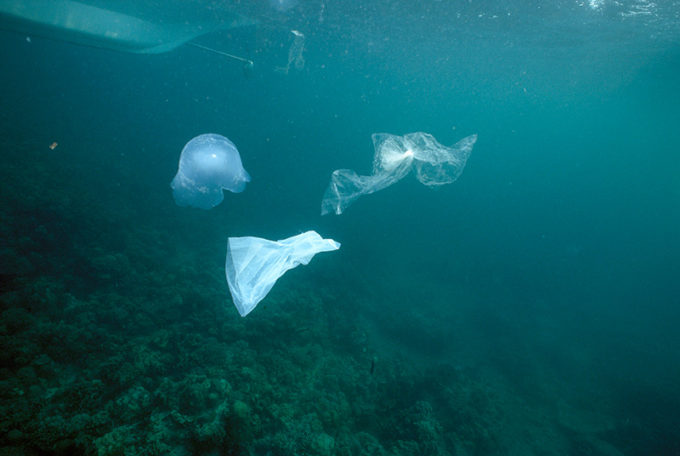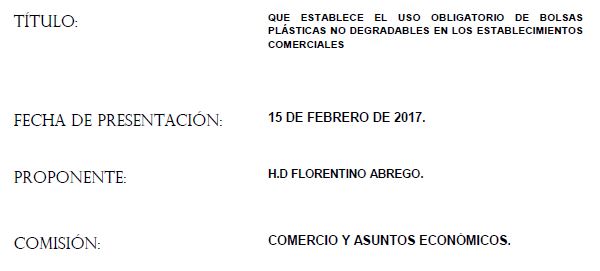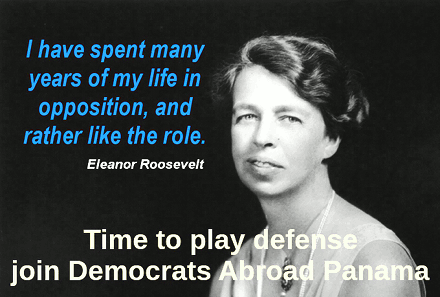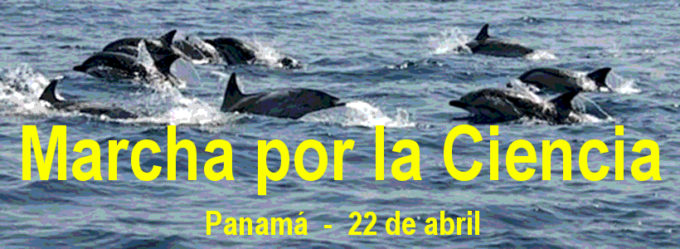
Two real problems: plastic bag pollution and bad legal drafting
by Eric Jackson
Yes, it’s true. You don’t have to go too far to see the mess that plastic bags have made all over Panama. You can even be blind, sitting in your home in many parts of Panama and smell it, via the distinctive stench of burning plastic. There ought to be a law. In a growing number of places there are laws.
So, as a member of the National Assembly’s third-largest caucus, the Panameñista Party, perhaps Florentino Ábrego figures that it’s his big chance to do something that might make his constituents think of him as a wise statesman, perhaps even worthy of re-election. Et voila:

Actually, the law does not, as its title suggests, propose to REQUIRE the use of non-degradable plastic bags in supermarkets. Deputy Ábrego would like to, over a two-year period, mostly PROHIBIT the distribution of these materials. As published on the legislature’s website, it’s one of the classics of incompetent legal drafting in an institution renowned for its sloppy work.
Ábrego might reasonably argue that the errors will be corrected in the legislative process, but meanwhile he has raised an issue that needed to be raised in the hallowed halls of the legislative branch of government. Fair enough.
However, there a some questionable premises embedded in his proposal.
Is “the culture of recycling and responsible use in full development” in Panama? It may seem that way to Panamanians who have never been anywhere else, or have only been to places even more backward on this subject than we are. But try to recycle your steel fish cans — the metal truck only wants aluminum. Recycling is in its infancy in Panama and is anything but systematic. To the extent that reuse comes into the equation, plastic bags do get reused, especially during rainy season, by people who want to make sure that certain things in their knapsacks, purses or chacaras stay dry in a tropical cloudburst.
And is a biodegradable plastic bag that decomposes in a few months, or another sort of degradable bag that dissolves over the course of about a year, therefore harmless when it’s part of the debris clogging an urban storm drain or covering a coral reef?
In many jurisdictions, the biggest of them China, there are full or partial bans on the free distribution of plastic bags at stores. The Chinese boast of how much petroleum that would otherwise go into the production of such bags is saved. Some US jurisdictions that require a charge of a few cents for each bag justify it in terms of how much litter is reduced.
A lot of the plastic bags given away in Panamanians stores are already of the biodegradable or degradable sorts. Toss a bit of baking soda into the plastic-making mix and the bags will decompose much more quickly. You will see the effect in disintegrating plastic bags along the footpaths of small-town Panama. But you won’t be able to smell the difference when people are burning their garbage, much of which will be plastic.
When — and if — Ábrego’s proposal is the subject of public hearings, perhaps the interested parties who show up to testify will include those who would limit or ban plastic bag distribution, so as to restore the old culture of people bringing their own more durable bags or baskets when they go shopping. Perhaps Panama City’s street sweepers or parks maintenance people might be there to weigh in. Perhaps someone who thinks that the shift to degradable plastic bags is a good idea, and who is more competent at legal drafting than the scrivener of Ábrego’s proposal, would have some proposed amendments.
In any case, it does seem that the plastic bag issue is about to become the subject of public debate in Panama.
~ ~ ~
These announcements are interactive. Click on them for more information.











